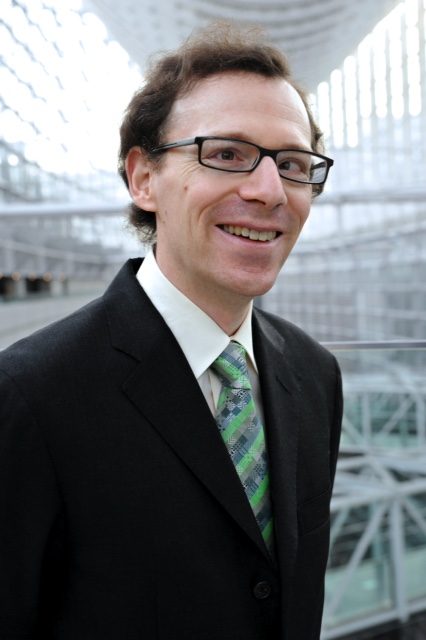Bio
Jacques E.C. Hymans is associate professor of international relations at the University of Southern California. His research focuses on international security affairs and on national identity. His most recent book, Achieving Nuclear Ambitions: Scientists, Politicians, and Proliferation (Cambridge University Press, 2012) was honored with the $100,000 Grawemeyer Award for Ideas Improving World Order, as well as best book awards from the American Political Science Association and the National Academy of Public Administration. Hymans’ first book, The Psychology of Nuclear Proliferation: Identity, Emotions, and Foreign Policy (Cambridge University Press, 2006) was honored with best book awards from the International Society of Political Psychology and the Mershon Center for International Security Studies. Hymans has also published articles in Foreign Affairs, International Security, Security Studies, the European Journal of International Relations, and many others. He is an editorial board member of several journals including International Studies Quarterly. He has received grants and fellowships from the Mellon Foundation, the National Endowment for the Humanities, the Center for Global Partnership and Social Science Research Council, and other research funding organizations.

